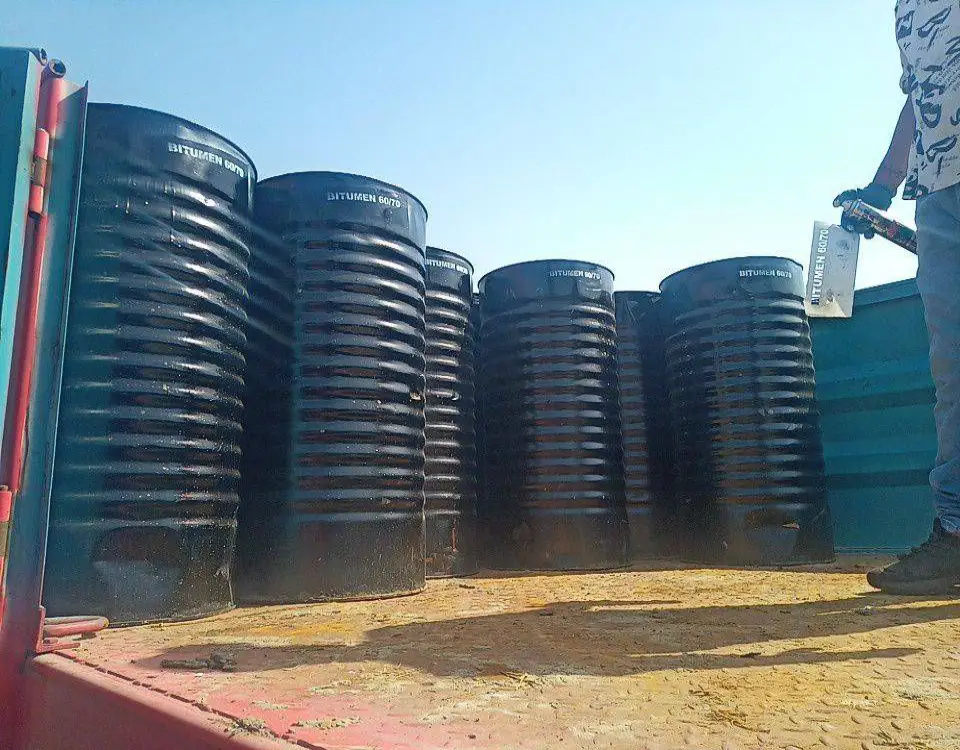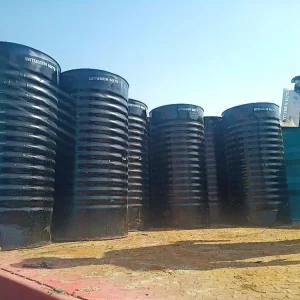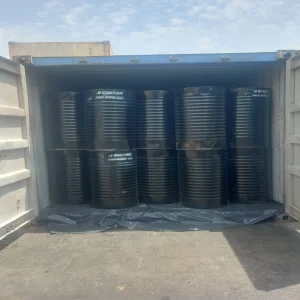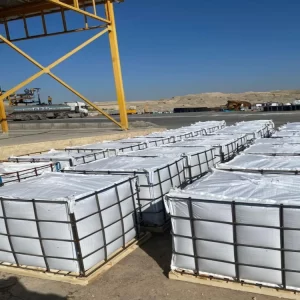
Bitumen Penetration Grade 300
Bitumen 300 is a very hard and highly viscous grade of bitumen, used in applications requiring maximum strength and stability, such as heavy-duty paving and industrial flooring. Its high resistance to deformation makes it ideal for areas with intense mechanical stress. This grade is suitable for environments exposed to extreme conditions and heavy traffic.
Category BITUMEN
Related products
Bitumen penetration grade 60/70
penetration grade bitumen 60/70 has a penetration value in the range of 60 to 70 at standard test conditions. penetration grade Bitumen 60/70 is semi-hard penetration grade bitumen. This type of bitumen is one of the most used bitumen grades and it’s a basic material for all other bituminous products.An important usage of penetration grade bitumen 60/70 is used in the road in mild regions.
Bitumen Penetration Grade 200
Bitumen 200 is a harder, more viscous grade of bitumen commonly used in industrial applications and specialized road construction. Its high durability and strong binding properties make it ideal for environments requiring greater resistance to deformation. This grade is especially suitable for areas exposed to extreme temperatures and heavy loads.
Bitumen VG 30
Bitumen VG 30 is a viscosity-graded bitumen used mainly for road construction in areas with moderate to heavy traffic. It offers a balanced combination of flexibility and strength, making it ideal for creating durable asphalt pavements. Its viscosity ensures optimal performance in varying temperatures, providing stability and resistance to rutting.
Bitumen VG 40
Bitumen VG 40 is a high-viscosity grade bitumen designed for use in regions with heavy traffic and high stress, such as highways and airfields. It offers superior hardness and resistance to deformation, making it suitable for hot climates and areas with high loads. This grade ensures durable and stable asphalt surfaces, even under extreme conditions.



